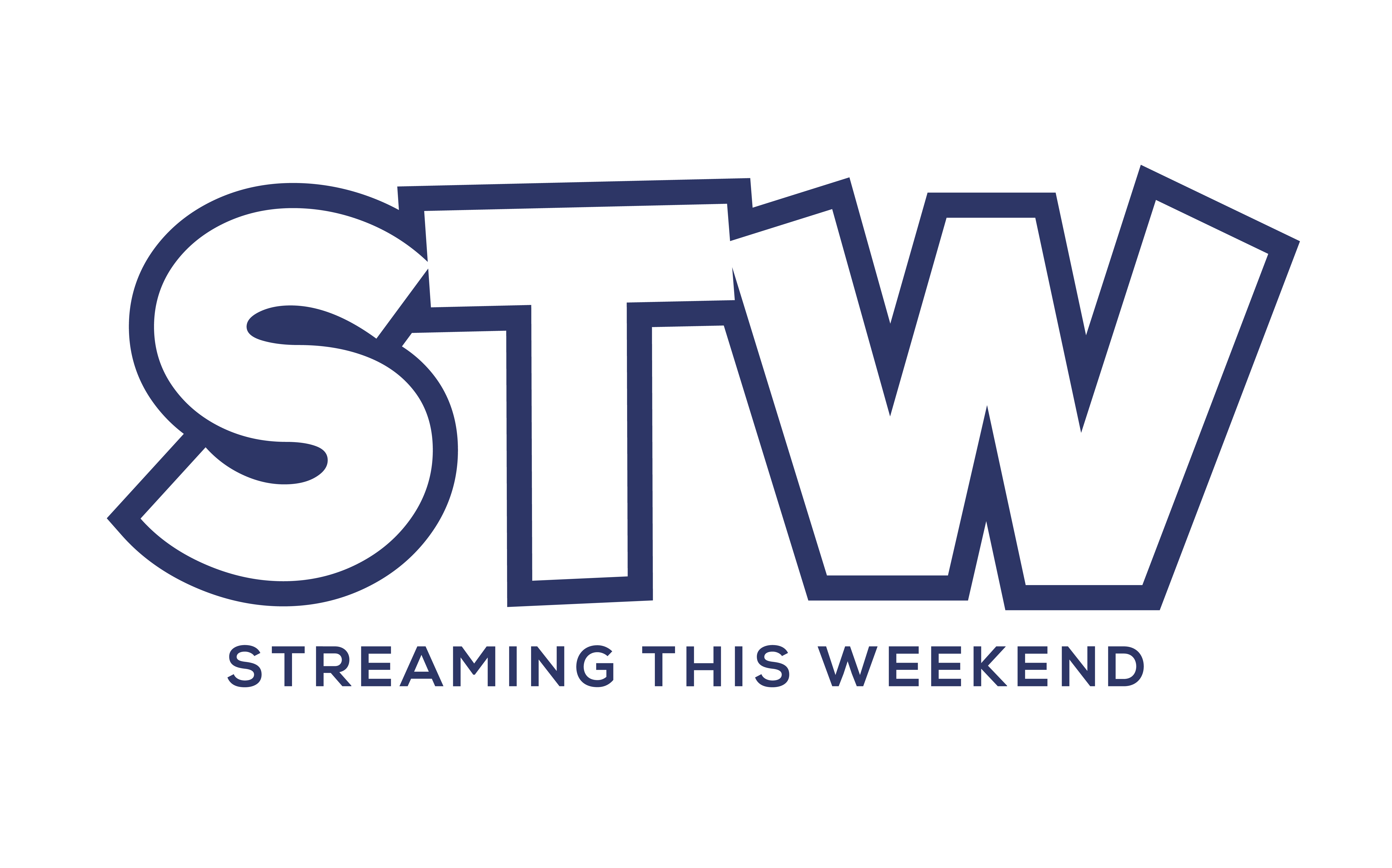So much about The Birdcage–and about life itself–can be summed up in one succinct quote from the film: “One does want a hint of color.”
The film is a study of contrasts, both of colors and lifestyles. On one hand there are the stodgy, dully dressed Keeleys, the family of conservative Senator Kevin Keeley who ooze Mayflower energy through and through.
Then there are the Goldmans (or is it Coleman? There’s been some confusion), a vivacious Miami family who favor linen ensembles, pastels, and a bit a drama. The Goldmans live above a South Beach nightclub that specializes in stellar drag performances, of which one of the Goldmans is the star. You see, the Goldmans are Armand and Albert (Robin Williams and Nathan Lane, respectively), a 50ish gay couple who own the drag club downstairs and are living their best, most authentic lives.
While Armand produces and directs the drag shows, Albert stars in them as the incomparable Starina. But when their college-age son Val announces his engagement to the daughter of Senator Keeley, a fabulous farce commences in which suddenly Armand and Albert have to make peace with pretending to be people they aren’t to help ease the conservative in-laws-to-be into the union between their children. Namely, Armand and Albert have to pretend to be a “cultural attache” (nearly 30 years later, and has anyone figured out what that means yet?) and a housewife. It’s a far cry from the Fosse/Verdon: Drag Edition dynamic of their real lives.
In other words, the Goldmans are effervescent and vibrant by nature and have set their lives up so that they are free to just be themselves. But circumstances, society, and one badly-timed political scandal are all forcing them to dim their brightness and their sparkle, asking them to be dull and neutral.
That may not seem like a lot to ask, it is only for one night after all. But some Starinas burn so bright that asking them to tone it down is a lot like asking the earth to stop spinning on its axis. Some people are just meant to shine, election/news cycle be damned.
We Are Family
To his credit, Albert/Starina does try to play along with Val’s scheme at one point and play it “straight” for the evening (anything for family). He enters the scene dressed in an innocuous and muted men’s suit. Trying to play it cool, he enters serenely to test drive his outfit for Val and Armand. But their stunned looks tell the audience everything they need to know about his efforts: Albert can’t be dull even when he’s trying.
This point is hammered home when Albert crosses his legs to reveal pink socks underneath his Italian loafers. When questioned, he defends the choice by saying, “Well, one does want a hint of color.”
Indeed one does. And time has proven Albert’s instincts to be correct as more and more young people jump ship from a Mayflower way of thinking and seek out more colorful lifestyles and explore identities that exist outside of binaries.
The Birdcage is a film about pretending to be someone you’re not so as to not rock the boat, a film about denying every fundamental thing about who you are in order to make others feel comfortable. And it’s a film about how futile that endeavor is, because ultimately, one’s true colors (so to speak) will always shine through.
It’s a film about self-acceptance and learning to accept (and eventually) celebrate the differences in others. These are lessons Val learns by the end of the film when he gives up the charade and introduces Albert to the Keeley’s as his mother, his true family, and he does so proudly, no longer concerned about their judgments or rejection.
The Legacy of The Birdcage
It’s insane to consider how the pop culture landscape has changed since the film’s release in 1996. In 2022, young LGBTQ people have a plethora of options to see themselves represented in pop culture, but in 1996, The Birdcage was one of the few mainstream media productions to feature explicitly gay characters. And not just characters who are gay, but characters who are exuberantly and openly gay in a narrative that was not centered around the “tragedy” of being gay, as much of pop culture was at the time.
For 1996, The Birdcage was revolutionary, and for many young people living in middle America in the pre-internet era, it was their first peek inside LGBTQ culture. And that first peek inside the birdcage, along with NBC sitcom Will and Grace which followed shortly after, went a long way in beginning to normalize queerness for a generation who would later come to be known as Millennials.
And thank Dolly Parton it did. Because imagine how dull life would be without at least a hint of color.
The Birdcage is streaming now on HBO Max.
Want your inbox to be more fabulous? Subscribe to our newsletter!

